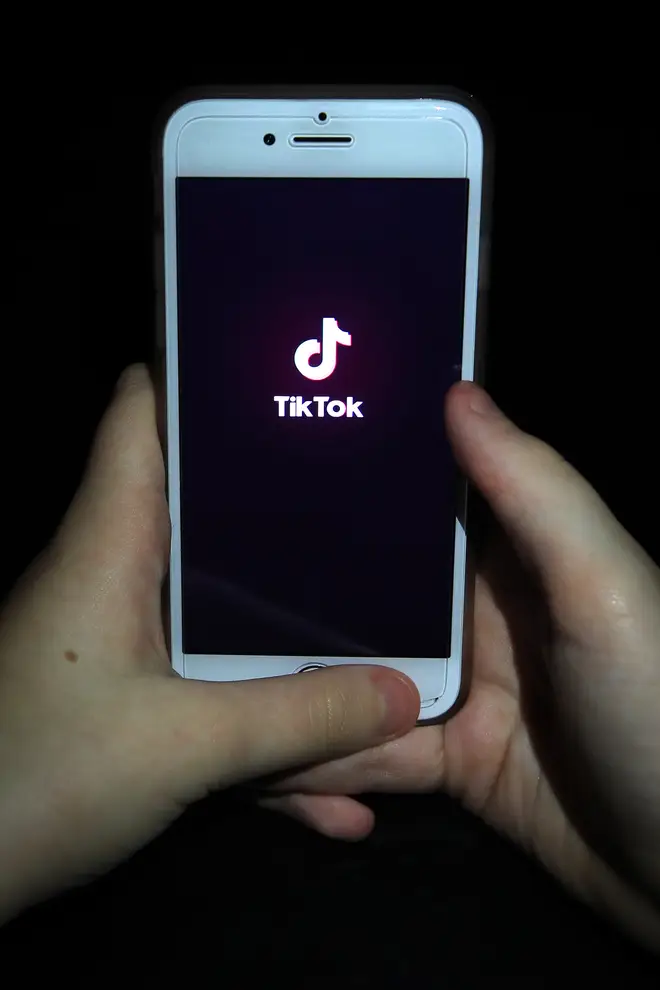
Nick Ferrari 7am - 10am
14 September 2021, 13:04

It is the latest in a number of safety-based changes the social media company has made in recent weeks.
TikTok has expanded a number of its safety resources, including offering more online advice to vulnerable people and those around them, as part of an update to the social media app.
The video-sharing platform’s update includes new wellbeing guides developed with the Samaritans and the International Association for Suicide Prevention, as well as expanded guidance around eating disorders aimed at teenagers, care-givers and teachers.
In addition, when users search for words or phrases around suicide and self-harm, the search results will now also include videos from TikTok creators detailing their own personal experiences with mental health and wellbeing, and information on where to seek support.
TikTok said this new feature has been created following consultation with experts and will be opt-in for users who wish to view it.

Elsewhere, the company said it will begin covering search results for potentially distressing content with an opt-in viewing screen, which will require users to click a “show results” button.
The update is the latest of a number of changes the social media platform has made in recent weeks and comes as the UK’s new Age Appropriate Design Code came fully into force, requiring sites to better protect children online.
Recent updates have seen TikTok boost its parental control options and turn off access to private messaging by default for younger users.
The changes also come as politicians have begun examining the draft Online Safety Bill which will set out new regulations for the sector.
On Monday, online safety campaigner Ian Russell, whose daughter Molly viewed suicide and self-harm content online before taking her own life in 2017, told a joint committee of MPs and peers that children face danger every time they go online, and that the current “corporate culture” of social media needs to change.